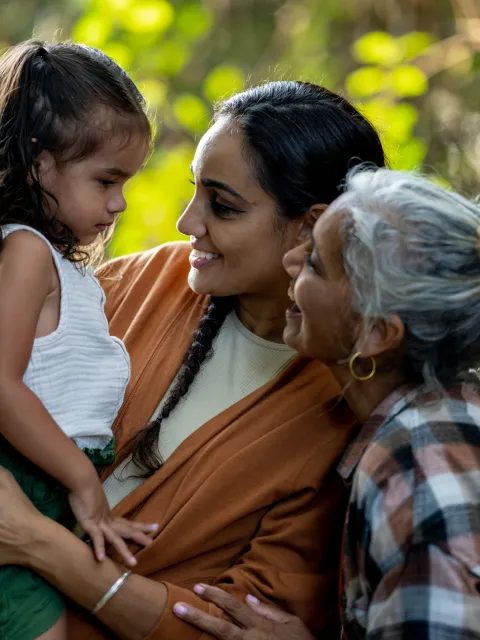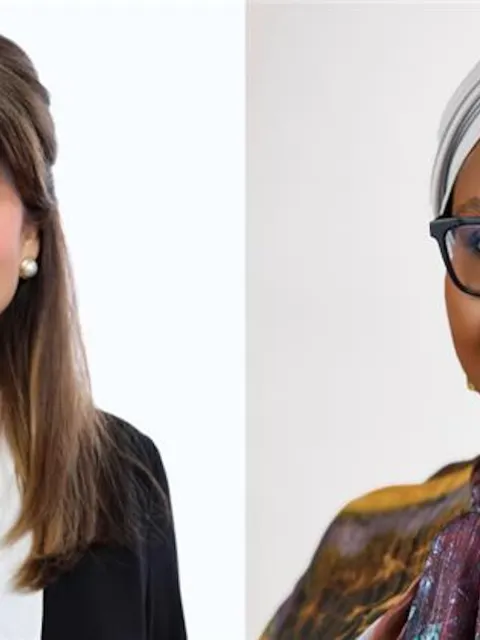Providing safe environments for cancer patients during the coronavirus pandemic

A demand vs healthcare capacity imbalance has negative impacts on the economy, financial resources, medical supplies, workforce and resource allocation, posing a risk to societies’ sustainability.
“Irrespective of the Global Health Index, a country’s ability to control the COVID-19 pandemic not only relies on the installed healthcare capacity, but also demands political will and social commitment, as well as timely, efficient and tailored solutions adapted to each country’s needs”. - Felipe Roitberg, Clinical Oncologist, Instituto do Câncer do Estado de São Paulo, Brazil
Alongside the current pandemic, WHO estimates 18 million new cancer cases, with 9.5 million deaths globally. A large proportion is concentrated in Low and Middle-Income Countries (LMICs), where the cancer burden represents two-thirds of deaths and, consequently, where the coronavirus pandemic increases the difficulty of the equation.
In such a complex situation, policymakers, patients and healthcare providers seek guidance in order to deliver appropriate cancer care packages and minimise delays. These could, if not addressed, result in increased loss of life.
“How do we balance the necessary social distancing recommendations as an effective mitigation strategy for coronavirus infection, as well as provide timely diagnosis, and appropriate cancer treatment?” - Felipe Roitberg, Clinical Oncologist, Instituto do Câncer do Estado de São Paulo, Brazil
In order to foster collaboration through knowledge exchange and partnership with LMIC experts, the Union for International Cancer Control (UICC) recently provided an online discussion that included global health leaders from Korea, Hong Kong, Sweden and Switzerland. The webinar content exposed successful challenges and initiatives built on experience with previous outbreaks, and how they learnt to promote the desired ‘safer caring’ scenario. These included specific and exclusive triage areas for cancer patients, limiting inpatient and outpatient visiting, and improving social media communication with patients and society.
As expected, such positive collaboration spread around the globe, including the Hospital Sírio Libanês, Brazil, where the coronavirus crisis committee benefited from the knowledge exchange. As a consequence, it decided to adopt and adapt the strategies discussed in the webinar, in order to improve the institutional safety for patients and healthcare workers while ensuring and prioritising treatments for patients as follows:
- Specific trial and pathway to identify and manage patients or visitors suspected of coronavirus infection.
- Fast approach for molecular testing-result (24h), evaluation and follow-up for healthcare workers and employees, which increases safety and reinforces commitment and transparency, and ultimately reduces fake news.
- Efficient and reliable information regarding coronavirus for cancer patients through social media, reducing patients’ stress, reinforcing the mitigation strategy, and avoiding fake news.
- A dedicated pathway for cancer patients to evaluate those that require evaluation and treatment, by reducing their exposure to the hospital environment and consequently their risk for coronavirus infection.
- Internally discussed a framework to prioritise which patients are required to return to the clinic for follow-up appointments or procedures.
- A home delivery strategy to offer supportive medication and oral antineoplastic and reduce unnecessary returns to the hospital.
- Telemedicine consultations to reduce exposure of both patients and their physicians as well as delays in cancer care.
- Lastly, we are currently dialoguing with UICC institutions from Southeast Asia in order to strengthen collaboration through knowledge exchange
Importantly, Sírio Libanês Hospital not only diagnosed and treated the first severely ill coronavirus patients in Brazil, but it is also largely recognised for its high standards and philanthropic contribution to Brazilian society, through research, education and serving as a reference for cancer care nationwide. Therefore, successful initiatives to deliver appropriate cancer care during the pandemic are similarly expected to spread nationally.
As a response to the coronavirus outbreak and cancer care needs, UICC’s core initiatives contribute to building bridges not only among partner institutions but spread their values through UICC’s leadership programmes, offering the opportunity to share reliable information and capacity building expertise, as well as foster collaboration when and where those core values matter most.
Last update
Wednesday 13 May 2020Share this page


